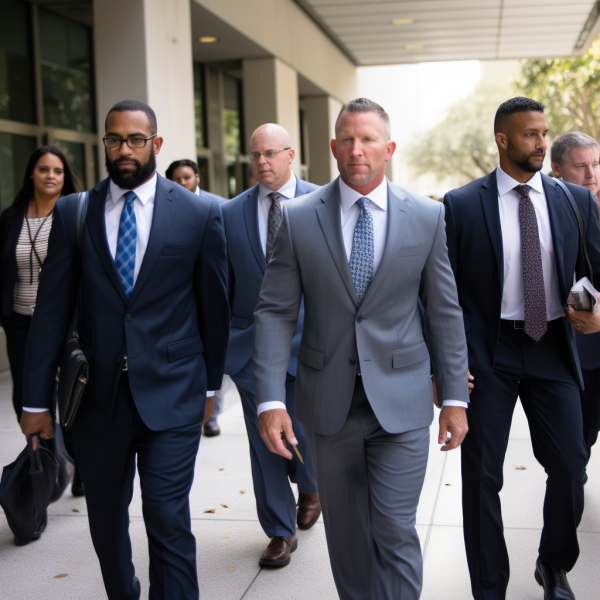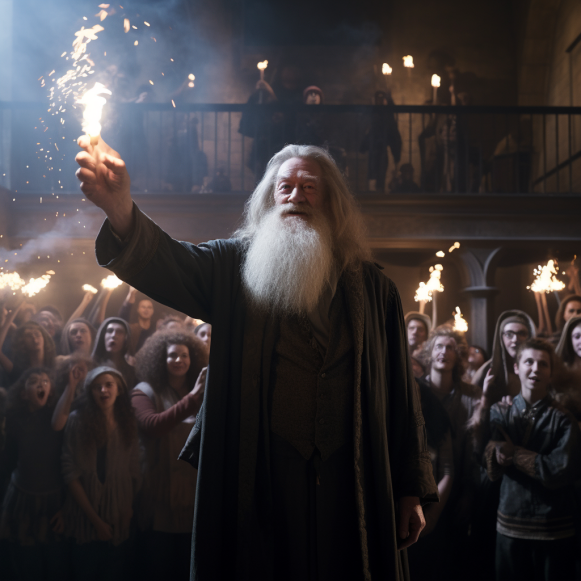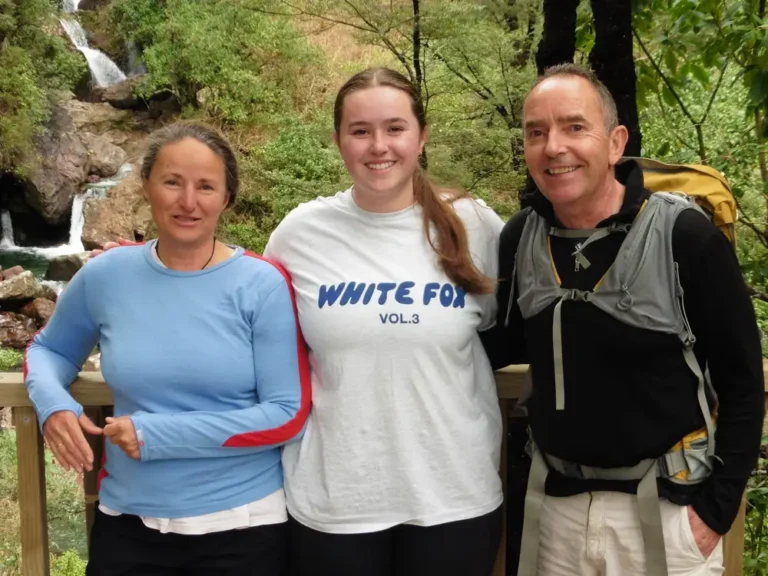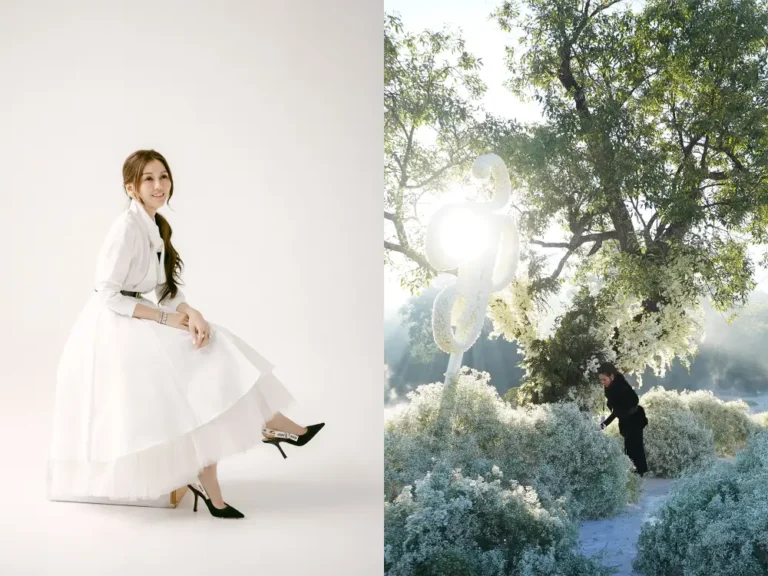Bullying? Coercing? Hung juries are rare — so what happened last week in a San Jose courtroom?

SAN JOSE, Calif. – Six hours before declaring a mistrial in the sexual assault trial of San Jose State’s former head athletic trainer, the federal judge called the exasperated, deadlocked jurors back into the courtroom and urged them to continue deliberating in good faith.
Still, she said in that Thursday morning session, if your opinion is sincerely held, don’t change your mind “based solely on pressure from other jurors.”
Sure, there was pressure.
The drawn-out drama that unfolded behind closed doors inside the Robert F. Peckham Federal Building in downtown San Jose this week was “extremely unusual,” according to a national jury expert. Hung juries occur in less than 3% of all federal criminal trials, and when they do, jurors are usually evenly divided.
The jury in this San Jose case, however, was 11-1 in favor of guilt on one charge and 10-2 in favor on the remaining five.
The fact that the two holdouts in the sexual assault case were both women, and that all four men on the jury were convinced trainer Scott Shaw was guilty, added to the jury room drama’s complexity and perplexity.
And the venom spilled over in 14 jury notes sent to the judge over the course of four days.
“What do we do if four jurors believe a particular juror is not performing his or her duties?” Go over one of the notes.
“What if a juror believes she is being forced or coerced by her fellow jurors?” Continue reading.“What else can that juror do?”
Eventually, the judge admonished the jury and warned them against “bullying or antagonizing” each other in open court. It didn’t matter, though. U.S. District Judge Beth Labson Freeman declared a mistrial after four days.
“How really, incredibly frustrating,” said Valerie Hans, a Cornell University law professor and author of seven books on jury deliberations.
Whether you like it or not, a unanimous verdict in criminal trials is a cornerstone of the American justice system, as reaffirmed by the United States Supreme Court in Ramos v. Louisiana in 2020. “The unanimous jury is really iconic,” Hans explained, “and the hung jury is a byproduct of it.”
So, how did the San Jose case end up in a windowless jury room on the fifth floor of the federal courthouse, a room so small that jurors had to pull in their chairs close to the conference table to allow another to squeeze past? The unsatisfactory outcome upended what was supposed to be the final chapter in a 14-year saga involving San Jose State’s mishandling of dozens of complaints about the head athletic trainer, which resulted in more than $5 million in legal settlements and the resignations of the athletic director and president.
According to jurors, at least 10 of the 12 jurors were convinced on Day 1 of deliberations that Shaw had groped and fondled female athletes under their sports bras and underwear for no legitimate medical reason. They requested stacks of testimony transcripts in order to persuade and cajole one particularly obstinate holdout: Juror number one.
But, as presiding juror Jeff Pickett told the Bay Area News Group, “I laid across train tracks” to encourage Juror No. 1 to deliberate, “to do everything within my power to see that justice is served.”
Even after his last-ditch “impassioned plea” to his fellow jurors Thursday morning, she remained unmoved.
When Pickett asked if anyone thought Shaw was not guilty on all six counts in the first straw poll after they entered the jury room, Juror No. 1 “shot her hand up,” Pickett recalled Friday, and said something like, “I will never change my mind.”
Juror No. 1, a 53-year-old engineer who did not want to be identified, disagreed. “I came with an open mind,” she said, according to the Bay Area News Group. “I feel like when I (delivered) my thoughts, the jury didn’t listen to me.”
Tensions rose over the course of four days of deliberations, with the first public sign of trouble appearing Tuesday, when one juror wrote to the judge that at least one other member of the jury was “unmovable.”
Juror No. 1 said a fellow juror questioned her mental state by Thursday morning, after the judge warned the jury about the escalating rancor. That’s when she decided to stop deliberating and zip her lips.
Juror No. 1 described his first time serving on a jury as “horrible.” I mean, it’s a simple thing for me. Do women have to stand up? In this case, the eight women are standing up to Scott Shaw. I encourage them, but I didn’t see enough evidence to conclude that he did it.”
Another juror, who believed Shaw was guilty, called it “a miscarriage of justice.”
The United States Attorney’s Office, which brought six federal charges against Shaw, will decide whether to retry the case, and there are some indications that it will. A hearing is set for Monday morning in the courtroom of Freeman, who presided over the trial. With a mistrial, the case is still considered pending, and prosecutors will likely discuss whether to retry the case or offer Shaw a plea deal.
“The big question is, do they give it another shot?” asked Steve Clark, a criminal defense lawyer in the South Bay.
In the Theranos case, in which Elizabeth Holmes was charged with defrauding investors and patients about one-prick blood tests, jurors found her guilty on some counts but deadlocked on others, and the US Attorney declined to retry her on those deadlocked counts.
The jury in the Ghost Ship warehouse trial in 2019 deadlocked 10-2 in favor of convicting main tenant Derick Almena of manslaughter in the 36 deaths of partygoers who died in the Oakland live-in artistic work space he operated. Almena agreed to a plea bargain in order to avoid a new trial.
According to Clark, prosecutors in the Shaw case may be in a good position for a new trial.
“In a case like this, where the jurors are likely to say that you had a strong case but there was an aberration with jurors who either were not deliberating or went in very rigidly, I think that would be more inclined for them to retry the case,” he said. “It wasn’t like there was a major flaw where you could say, ‘Every time we do this, half the jurors will think one way and half will think the other.'”
The jury selection process took about a day and a half before the trial began. Potential jurors were asked if they had a history of sexual assault and were quickly questioned by lawyers about their ability to be fair. Opening statements were quickly followed. “This is how our democracy works,” said Sue Bendavid, a Southern California employment litigator. “When you go to trial, you never know what the outcome will be because you don’t know the background or emotions of the people sitting in a box.” That will undoubtedly influence how they hear evidence or critique a witness, how they view their credibility, and, ultimately, how the verdict will look.”
Pickett, the presiding juror, is the son and brother of criminal lawyers and works as a product marketer in Silicon Valley. He offered to be the jury foreman, and the others agreed, including one of the dissenters. He had no idea the job would be so demanding. He was still in shock on Friday.
“How do I feel? Sadness is the most common emotion. “First and foremost, I’m sorry for the women,” Pickett said, “and I’m sorry for how the justice system played out.”






